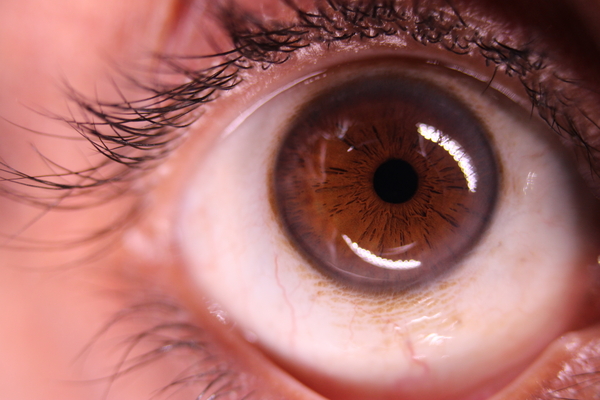Blog Spot

What is Iridology?
Monday 10th July 2023
Liverpool Iridology
Iridology is a diagnostic tool that is used as a complimentary alternative medicine practice that involves analysing the patterns, colours, and other characteristics of the iris (the coloured part of the eye) to determine information about a person's overall health and well-being.
How Iridology works is that specific areas, zones, or markings in the iris correspond to specific organs, tissues, or body systems and we can identify are inherent weaknesses or dispositions to illness and disease.
During an iridology examination, a practitioner examines the iris using magnifying glass and uses a specialist professional camera which is adapted to take images of the Iris in great details.
They look for various signs, such as colour variations, patterns, spots, lines, and other features that are believed to indicate potential health imbalances or predispositions. Based on their observations, iridologists may make assessments and provide recommendations for addressing any perceived issues
Some of the benefits include:
1. Health assessment: can identify areas of the body that may be at risk or experiencing health challenges and can help in early detection and prevention of potential health issues.
2. Holistic approach: Iridology is often associated with a holistic approach to health, emphasizing the interconnectedness of various bodily systems. Some people find value in this broader perspective and may seek complementary treatments or lifestyle changes based on the iridologist's recommendations.
3. Personalised recommendations: Iridologists may provide dietary advice, lifestyle modifications, or suggest specific alternative therapies based on their interpretation of the iris. These recommendations may be tailored to an individual's perceived health needs.
4. Emotional and spiritual insights: the iris can offer insights into a person's emotional and spiritual well-being. They may use these observations to provide guidance on personal growth or emotional healing.
5. family history: The iris can provide a snapshot of previous historical family illnesses that may have been inherited.


